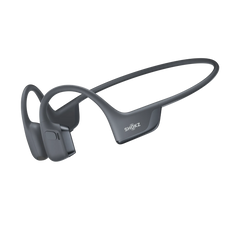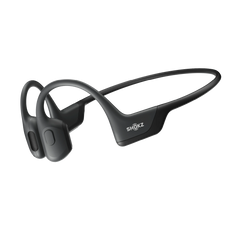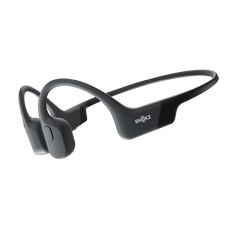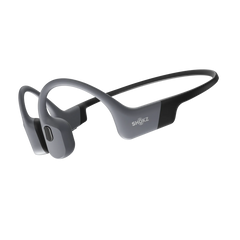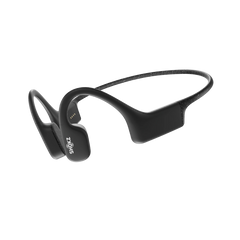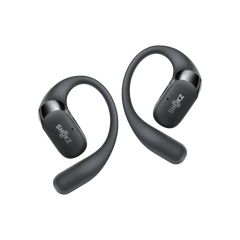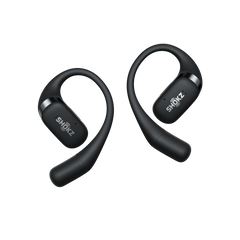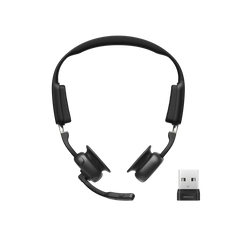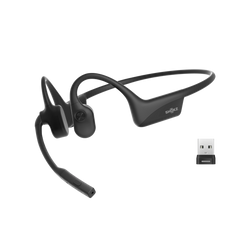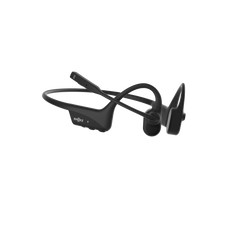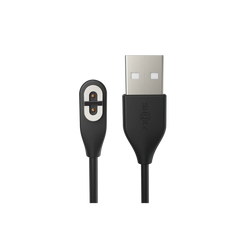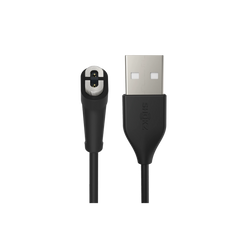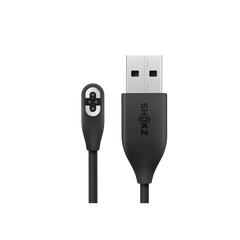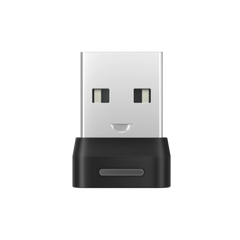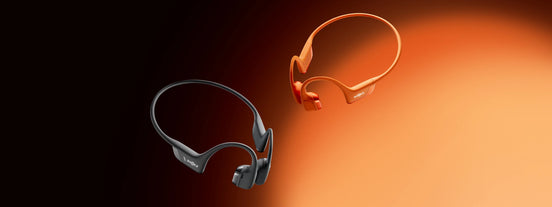When shopping for headphones, one of the most important factors to consider is whether they are waterproof or water-resistant. While these terms are often used interchangeably, they refer to different levels of protection. Understanding the distinction between them can help you choose the right headphones for your lifestyle, whether you're going for a swim or simply heading out for a run.
Water-Resistant vs. Waterproof Headphones
At first glance, many modern headphones look similar, but if you want protection from water, it’s essential to understand the difference between water-resistant and waterproof. The key factor is usually in the coatings applied during manufacturing, which determine how much moisture the product can handle, reports Wired.
What Does Water-Resistant Mean?
Water-resistant headphones are designed to handle small amounts of moisture, like sweat or light rain. For instance, many models feature an IP68 water-resistance rating, making them a great choice for regular workouts or outdoor activities. However, while they can tolerate exposure to water, there are limits to this protection, so it's always wise to check the product details.
What Does Waterproof Mean?
Waterproof headphones, on the other hand, are built to withstand being fully submerged in water. This is thanks to a combination of tight seals and advanced coatings. Products with an IP68 waterproof rating, for example, are designed to survive in up to 1.5 meters of water for around 30 minutes.
It's important to note that even waterproof headphones have their limits. Deepwater pressure can be damaging, and most models are not intended for diving beyond a few meters. Always check the specifications to understand how deep your waterproof headphones can go.
How to Tell if Headphones Are Water-Resistant or Waterproof
To differentiate between water-resistant and waterproof headphones, look at the Ingress Protection (IP) rating. This rating tells you how well a product protects against solids (like dust) and liquids (like water).
- The first digit in an IP rating refers to protection against solid particles, with a maximum rating of 6 (dust-tight).
- The second digit indicates moisture protection, with 9 being the highest (protection from high-pressure water jets).

Why IP68 is Important
IP68 is one of the most common ratings for consumer electronics. It means that a device is fully protected from dust and can be submerged in water for up to 30 minutes at depths beyond 1 meter. For most users, this rating provides the perfect balance of protection and practicality.
Take the Shokz OpenSwim headphones, for example. With an IP68 rating, these open-ear headphones are ideal for swimmers or runners who need durable, waterproof technology during their workouts. They offer up to 8 hours of music playback, making them a reliable companion in wet conditions.
Choosing Between Water-Resistant and Waterproof Headphones
The decision between water-resistant and waterproof headphones comes down to your daily routine and how often your headphones might come into contact with water.
Water-resistant headphones are great for joggers, gym-goers, and anyone dealing with sweat or light rain. These models typically have IPX4 to IPX7 ratings, providing ample protection without unnecessary features that drive up the cost.
Waterproof headphones, however, are designed for more aquatic activities, such as swimming or snorkeling. With an IPX8 or IP68 rating, they’re made to withstand full submersion, making them the better option for water-based sports.
FAQs about Water-Resistant and Waterproof Headphones
- Can you swim with IP68 waterproof headphones?
Yes, you can swim with IP68 waterproof headphones. The depth limitations varies by product type.
- How long can I swim with IP68 headphones?
Most IP68 headphones have long battery life, such as 8 hours. Typically, you can swim for as long as the battery lasts.
- Can IP68 headphones go in salt water?
Most IP68 headphones can be used in saltwater, chlorinated or fresh water. However, verify the manufacturer's specifications before heading out for a swim.
Conclusion
Understanding the differences between waterproof and water-resistant headphones can help you choose the best product for your needs. Knowing an item’s IP rating allows you to make an informed decision about its durability. If you're looking for reliable waterproof options, check out Shokz headphones, designed for maximum performance in wet conditions.
